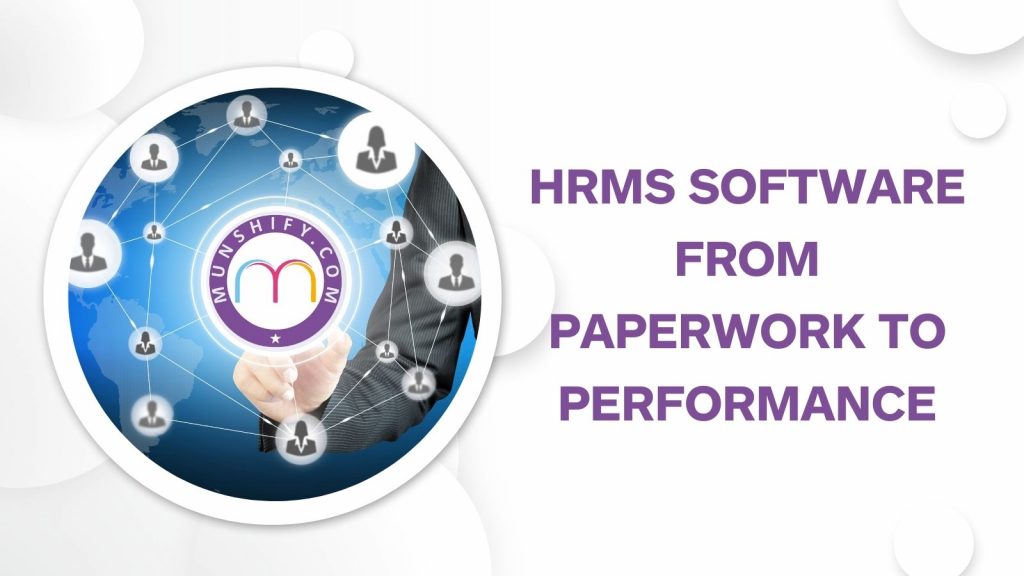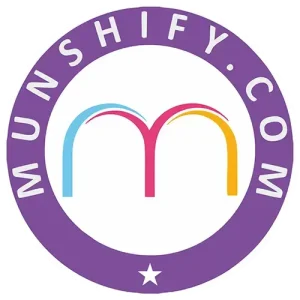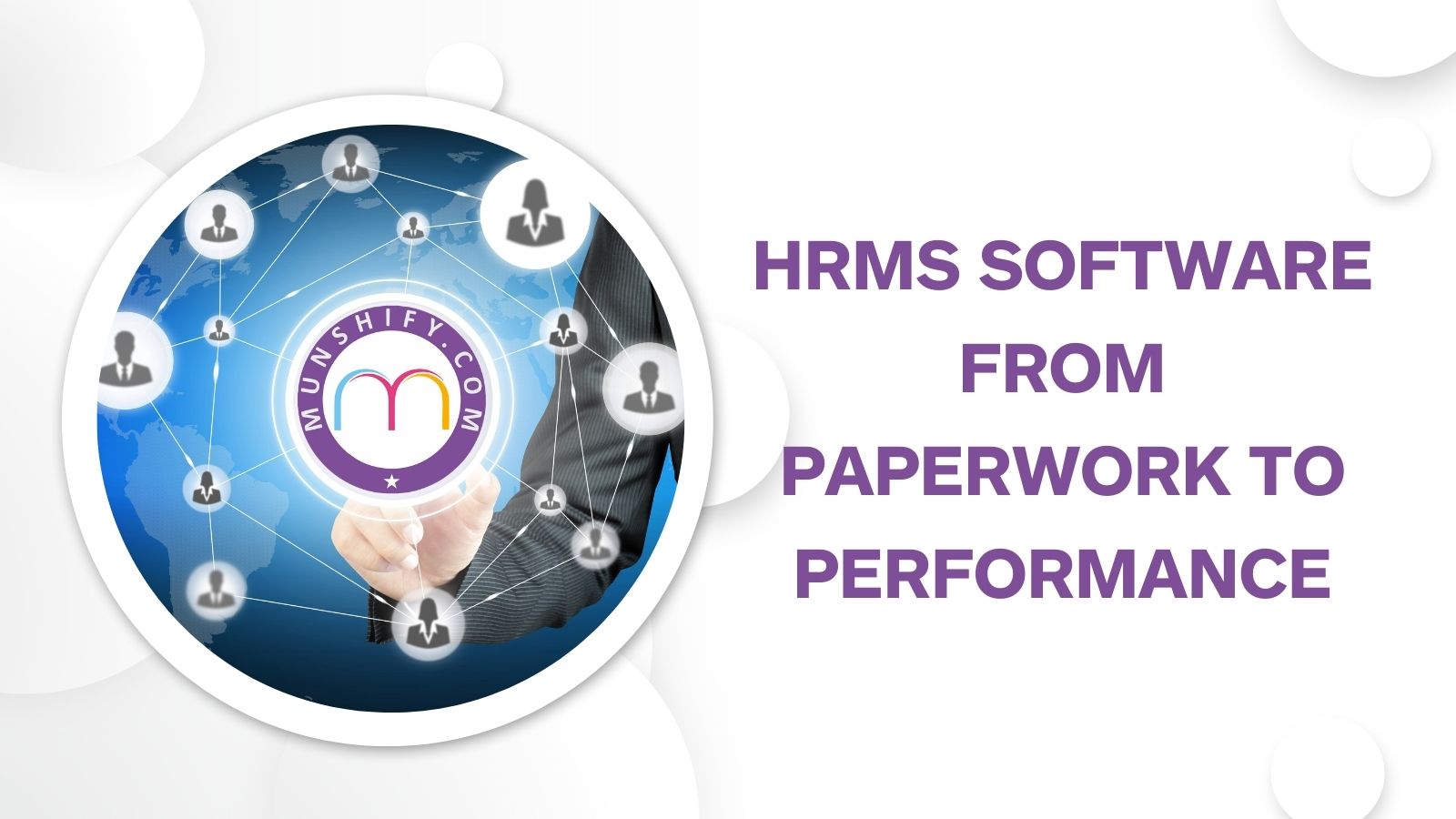HRMS Software : From Paperwork To Performance

In today’s dynamic corporate world, effective Human Resource (HR) management is crucial for the success of a company. Traditionally, HR processes were manually handled, facing challenges in terms of accuracy, timeliness, and resource allocation. However, the birth of HRMS (Human Resource Management System) software has made HR operations easy, offering an all-in-one solution to manage all administrative tasks and increase productivity.
What is HRMS software?
The full form of HRMS is Human Resource Management System, HRMS software is an integrated software solutions made to automate and simplify all HR activities within an organization. From recruitment and onboarding to payroll management and performance evaluation, HRMS software covers a wide range of functionalities to optimize HR processes.
Modules of HRMS software:
- Employee Information Management: This module provides a centralized database for storing and managing employee information, including his personal details, contact information, employment history, his skills, certifications, and performance records.
- Recruitment and Applicant Tracking: The HRMS software helps with the recruitment process by managing job postings, receiving, and screening applications, scheduling interviews, and tracking candidates’ progress in all the stages of the hiring process
- Onboarding and Offboarding: Human Resource Management System software simplify the onboarding process by automating tasks such as new hire paperwork, scheduling orientations, and training. Additionally, it also manages offboarding activities such as exit interviews, asset return, and offboarding documentation.
- Attendance and Time Tracking: This module looks after the employee attendance, time-off requests, leaves, automating timekeeping processes, calculating work hours, managing schedules of shifts, and generating attendance reports.
- Payroll Management: This handles payroll processing tasks, including salary calculations, tax deductions, direct deposit management, and generating payroll reports.
- Performance Management: Supports performance appraisal processes by setting goals, tracking progress, organizing performance reviews, giving feedback, identifying training needs, and recognizing employee achievements.
- Training and Development: Manages employee training programs, including course scheduling, registration, attendance tracking, skill assessments, training evaluations, and tracking employee certifications and qualifications.
- HRMS Leave Management: Human Resource Management System software redefines the leave management process by providing employees with self-service capabilities to request time off, check leave balances, and track leave history.
- Employee Self-Service Portal: Employees will access and update their personal information, request time off, enroll in training programs, and submit expense claims through a user-friendly self-service interface.
- Analytics and Reporting: Provides data analytics tools and customizable reporting features to analyze HR metrics, track key performance indicators, generate insights, and make data-driven decisions to support strategic planning and workforce management.
Looking for an effective HRMS solution for your company? Explore Munshify HRMS, your one-stop solution for all HR needs.
Benefits of HRMS software:
Accurate Data: When using HRMS software instead of manual method, data accuracy is increased. Human Resource Management System software reduces the risk of data duplication, inconsistency, or inaccuracies.
Reduce Workload: HR professionals’ manual workload is reduced by Human Resource Management System software, which automates regular HR processes like payroll processing, attendance monitoring, leave management, and document management.
Better Decision Making: HR managers can use Human Resource Management System software to analyze important HR data like employee turnover, performance ratings, training effectiveness, and workforce demographics. This helps them understand trends, predict challenges, and make plans to improve productivity, engagement, and retention effectively.
Difference between HRMS software vs HRIS
HRMS software typically offers more complex functionality, including HRIS (Human Resource Information System) functions as well. HRIS focuses primarily on data management, while HRMS has broader HR functionalities such as payroll, talent management, and analytics.
Conclusion:
Human Resource Management System software has emerged as a must-needed tool for modern businesses. Companies are seeking to reduce HR workload, increase efficiency, and enhance employee satisfaction. By using the power of technology, companies can stay ahead in the competitive world while nurturing a dynamic and engaged workforce.
We are located at

eReleGo Technologies Pvt Ltd
646, 52, 12th Main Rd,
2nd Block, Rajajinagar,
Bengaluru, Karnataka 560010




